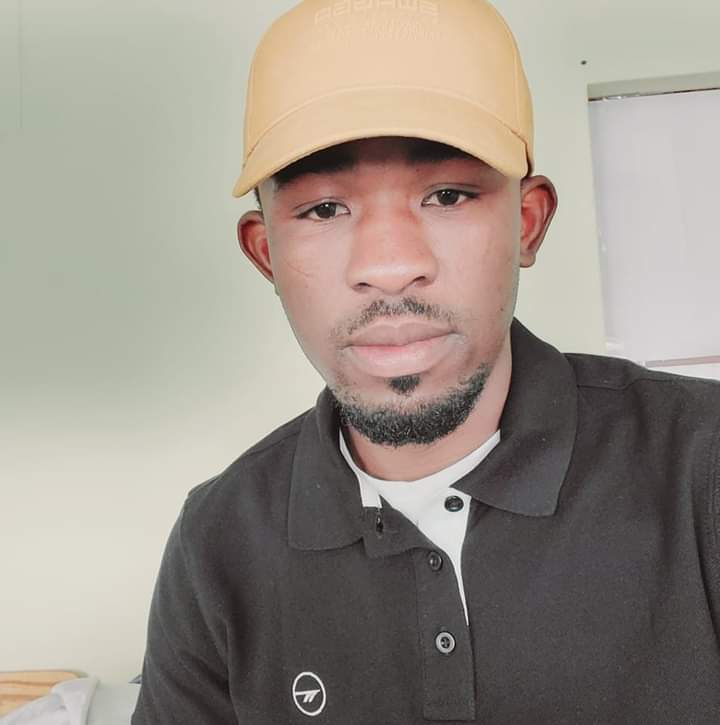Velisiu S Ndipolifa
“Mwauhalamo!”, I called for a ‘good-day greeting’ while passing by two cuca shops. “Ehee, ove wauhalaa!”, a youthful female voice answered. She moved closer to the homestead fence and so I did (I couldn’t recall her name even though I knew about her presence in the village).
Having greeted each other, she confirmed she has been home since 2020 after her graduation as a teacher. When I asked whether she is still applying for posts, she complained about the cost of paper copies, the payments for sending application documents and travelling to interviews for two years now. Before I left, I asked myself, until when is it going like this?
We all feel the pain of the rise of societal crimes like gender-based violence, rapes and murdes. There are talks that this is because of development. Thus, I ask myself, what development is here in our villages that causes crimes? I thought it should be because of development these types of crimes should minimise.
Why is it in contrast?
This made me think maybe we need some other types of education: community education perhaps, formal adult education maybe, to address community problems for development purposes.
I wonder why youth groups are only a reality in a few towns, yet still have untraceable significance.
I ask myself why the ministry of youth is not like the ministry of education that has schools even in villages. I know the ministry of education has principals and teachers in villages. I do not know what the ministry of youth has in villages. One will even think maybe it is a prank that youth are under a whole certain ministry.
One of my neighbours who dropped out of school in grade four asked me, can you make a school for us, adults?: “I want to be able to assist my son and daughter in their school work”. A voice inside me said, “that is the government’s responsibility”, and another voice inside said: “the government is the people and the people are the government”. Then I was a little confused; I didn’t know what to tell my neighbour.
In reality, our villages are free from humanity activities. Every house is an island. Everyone is on him/ herself. No one knows what goes on in the next person’s life.
If you reprimand any child who is probably wandering around, he/she will tell you she does not come from your house. This is because she knows there is no relationship between you and her parents; she even thinks maybe you are an enemy. If we are comfortable with this, then we must stop subscribing that “it takes a village to raise a child”.
Apart from the formal narration that all children have the right to education, like anyone in a village, I know of children who do not go to school; I still wonder whether all the principals should make patrols in villages to find these children? I wonder whose responsibility is it, but I am well aware of the consequences in a long run. I only wish all parents could afford their children’s upbringing but it is unfortunate.
On the other hand, it is worth noting that schools are nurturing children during school hours. After school, the community is the second teacher.
Children naturally learn from what happens in their surroundings. Looking at ourselves, our communities are vacuums in terms of social development. I ask myself, what are the mechanism do constituency councillors offices have in practice for children and youth in their constituencies?
In summary, it is clear, unemployment is fuelling other societal problems. Hence, the government must introduce community practical mediums, avenues and platforms through which people can engage in civic dialogues, educate each other, share community responsibilities, share problems and work together for common development goals.
Practically, this is only possible if there is a referee, and local governments are supposed to sit in this place. Otherwise, our future is undetermined.


